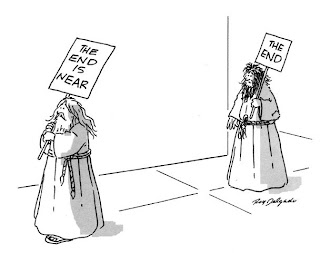Simple and Effective: My grocery shopping story and leading schools
The story you are about to read is true. I know it is true because, well frankly, it is about me. It takes place in the grocery store about 7-8 years ago, BC (Before Children). My wife and I were doing our weekly shopping. As we walked through the produce section, she noticed that cucumbers were on sale. She asked me to pick a few out and put them in our basket. Now before you fall asleep, let me say that my grocery shopping “jobs” are very specific. Push basket, get items I am asked to get, and make sure we do not leave anything off the grocery list. This last “job” is the key to the story. I am responsible for the list. As such, I am given the privilege of handling a pen or pencil to cross items off the list. Again, I am in charge of the list. This is key! You see, cucumbers were NOT on our list. For many people, this would be no big deal, but I guess I have some type of personality quirk. As keeper of the list, I need to make sure that all items are present and accoun



